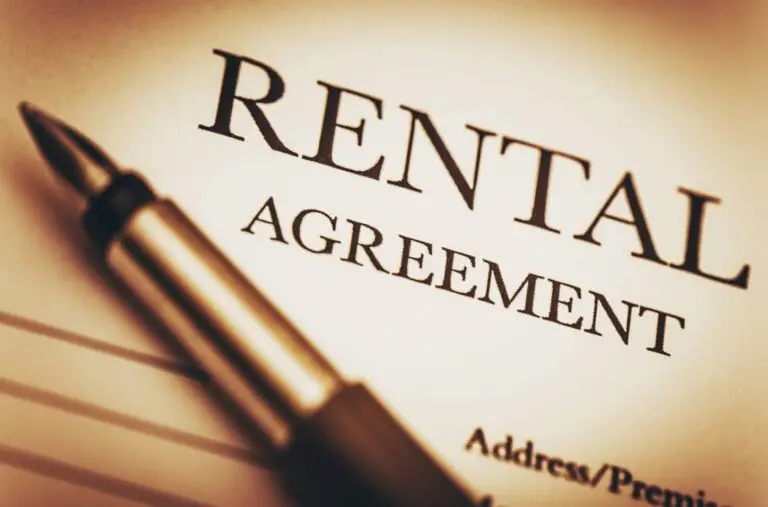Jamaica’s real estate market is undergoing a quiet but significant transformation, forcing landlords to rethink their approach to rental income. While long-term tenants once provided a steady and predictable revenue stream, rising costs and shifting market conditions are prompting many property owners to reassess their strategies.
In areas like Montego Bay, Kingston, and Ocho Rios, landlords are grappling with a growing dilemma—stick with long-term tenants who may be paying below-market rates or pivot toward short-term and high-end rentals to maximize profitability.
A Market in Flux
The numbers tell a compelling story. In Montego Bay, rental prices have skyrocketed over the past two decades, with some properties now fetching over $600,000 per month—more than six times their 2002 rates. Similarly, Kingston rentals have surged, with prime locations commanding as much as $868,000 monthly. In Ocho Rios, the upscale rental market has exceeded the $1 million mark for premium properties.
Despite these increases, many landlords find themselves unable to capitalize fully due to tenants locked into older lease agreements with minimal annual increments. This stagnation has led some property owners to explore alternative rental models, including short-term stays via Airbnb and corporate leasing arrangements.
The Short-Term Rental Boom
In tourist-heavy areas, the rise of platforms like Airbnb and Vrbo has introduced an attractive alternative. Short-term rentals allow landlords to adjust pricing dynamically, aligning with seasonal demand and special events. For instance, a two-bedroom apartment in Montego Bay might rent for $50,000 per month under a long-term lease but could generate twice that amount through short-term bookings, especially during peak travel seasons.
“It’s not just about the money; it’s about flexibility,” says Andre Morgan, a property owner in Kingston. “With short-term rentals, I can adjust my prices based on demand and ensure my property stays in top condition between guests. Long-term tenants sometimes don’t take care of the place, and when they leave, you’re left with costly repairs.”
However, short-term renting is not without its challenges. Increased property management responsibilities, higher maintenance costs, and concerns over local regulations make it a less straightforward solution than some might expect.
Luxury Finishes and High Expectations
Another factor driving rental prices upward is the evolving expectation of tenants. Modern renters, particularly in the mid-to-high-income bracket, are seeking properties with contemporary finishes, upgraded bathrooms, smart home features, and premium amenities such as gym access and security.






